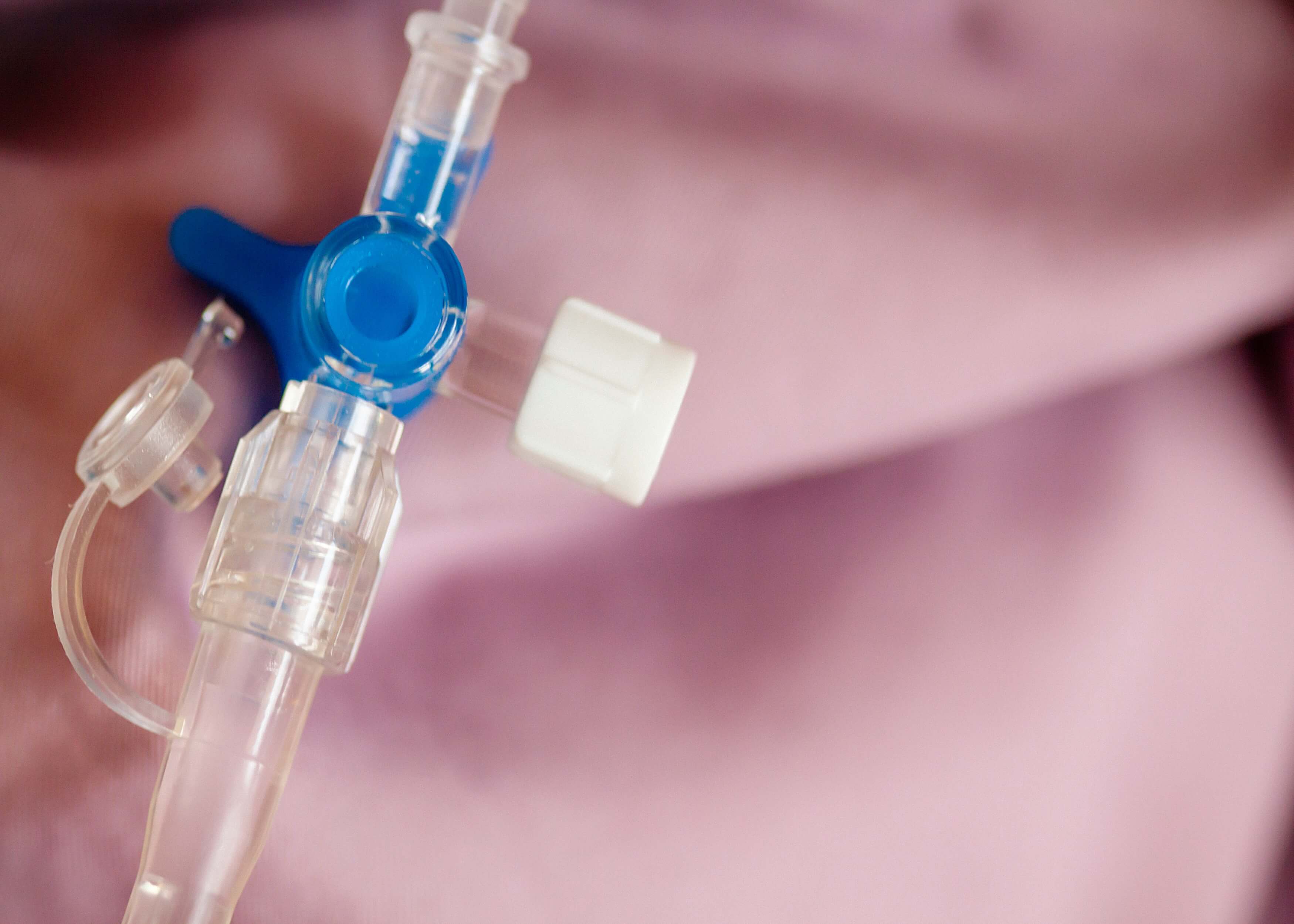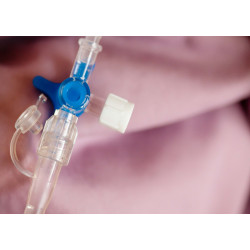DOCTOR INFORMATION
Male Catheterisation (OSCE)
Introduction
- Greet patient and introduce yourself
- Wash hands ✋
- Put gloves and other PPE on ✋
- Briefly explain the procedure in a patient friendly manner
- Explain the patient that a chaperone will be present throughout, and why
- Get patient consent ✅
- Check is the patient has any relevant allergies
- Ensure the patient is not in any pain
- Leave the room while the patient removes their underwear and return when they are on the examination couch, covered by a disposable sheet
Equipment
 Disposable gloves ✋
Disposable gloves ✋
 Apron
Apron
 Urine bowl
Urine bowl
 Catheter bag
Catheter bag
 Catheter pack
Catheter pack
 Male urinary catheter
Male urinary catheter
 Lidocaine 1%
Lidocaine 1%
 0.9% sodium chloride (10mls)
0.9% sodium chloride (10mls)
 Sterile water filled syringe 10ml 💧
Sterile water filled syringe 10ml 💧
 Clean procedure tray
Clean procedure tray
 Clinical waste bin 🗑
Clinical waste bin 🗑
Preparation
- Place equipment on the clean procedure tray
- Pour the 0.9% sodium chloride on the cotton balls from the catheter pack
- Ask the patient to lie in a supine position
- Wash hands ✋
- Put on gloves ✋
- Ask chaperone to lift the sheet, exposing the patient’s genitals
- Position a sterile absorbent pad beneath the genitals

Cleaning
- Using your non-dominant hand, hold the patient’s penis and check foreskin is retracted
- Clean the genital region using the soaked cotton ball, wiping in a downwards movement, away from the urethral meatus, once with each cotton ball ⬇
- Dispose of the cotton balls and your gloves appropriately ✋
- Put on clean gloves ✋
- Place the sterile drape over the patient, with the genitals visible through the hole
- Place the urine bowl on the sterile drape, below the genitals
Anaesthesia
- Tell the patient you are ready to apply the anaesthetic gel which may sting at first
- Use your non-dominant hand to hold the penis with gauze ✋
- Position the nozzle of the anaesthetic gel syringe in the urethral meatus
- Slowly release the 10ml contents of the syringe into the urethra
- Wait for between 3 and 5 minutes for the anaesthetic to take effect ⏱
Insertion
- Remove the tear-away section of the catheter wrapper
- Use your non-dominant hand to hold the penis again ✋
- Tell the patient you are ready to insert the catheter
- Using your dominant hand, insert the tip of the catheter into the urethral meatus ✋
- Advance catheter slowly until inserted fully, removing the packaging as you do so to ensure it remains sterile
- As you reach the bladder, urine will begin to drain into the catheter
- Tell patient to tell you immediately if they experience pain, and stop if so
- Inflate the catheter balloon, using the 10ml sterile water syringe 💧
- Remove syringe when balloon is fully inflated
- Withdraw catheter gently to identify resistance which confirms that the catheter is secure ✅
- Attach the catheter bag to the catheter and position it below the patient to enable effective urine drainage 💧
- Replace foreskin if present
- Clean any lubricant or urine that spills
- Recover patient with sheet
- Appropriately dispose of waste/equipment 🗑
- Leave the room to allow the patient to change
Completion
- Tell the patient the procedure is complete ✅
- Thank patient
- Inform the patient when and where to seek subsequent medical care if required
- Remove and appropriately dispose of PPE
- Ensure the patient’s urine output is being monitored by nursing staff
- Document details of the procedure in patient’s notes ✍
Summary:
- Greet the patient and explain the procedure
- Prepare the equipment, wash your hands and don protective equipment
- Clean the genital region
- Anaesthetise the region
- Insert the catheter, inflate the catheter balloon, remove the syringe when fully inflated and then attach the catheter bag
- Complete the examination by cleaning the region and thanking the patient
Related Articles
This step by step guide is designed to take you through performing female catheterisation in OSCEs.














